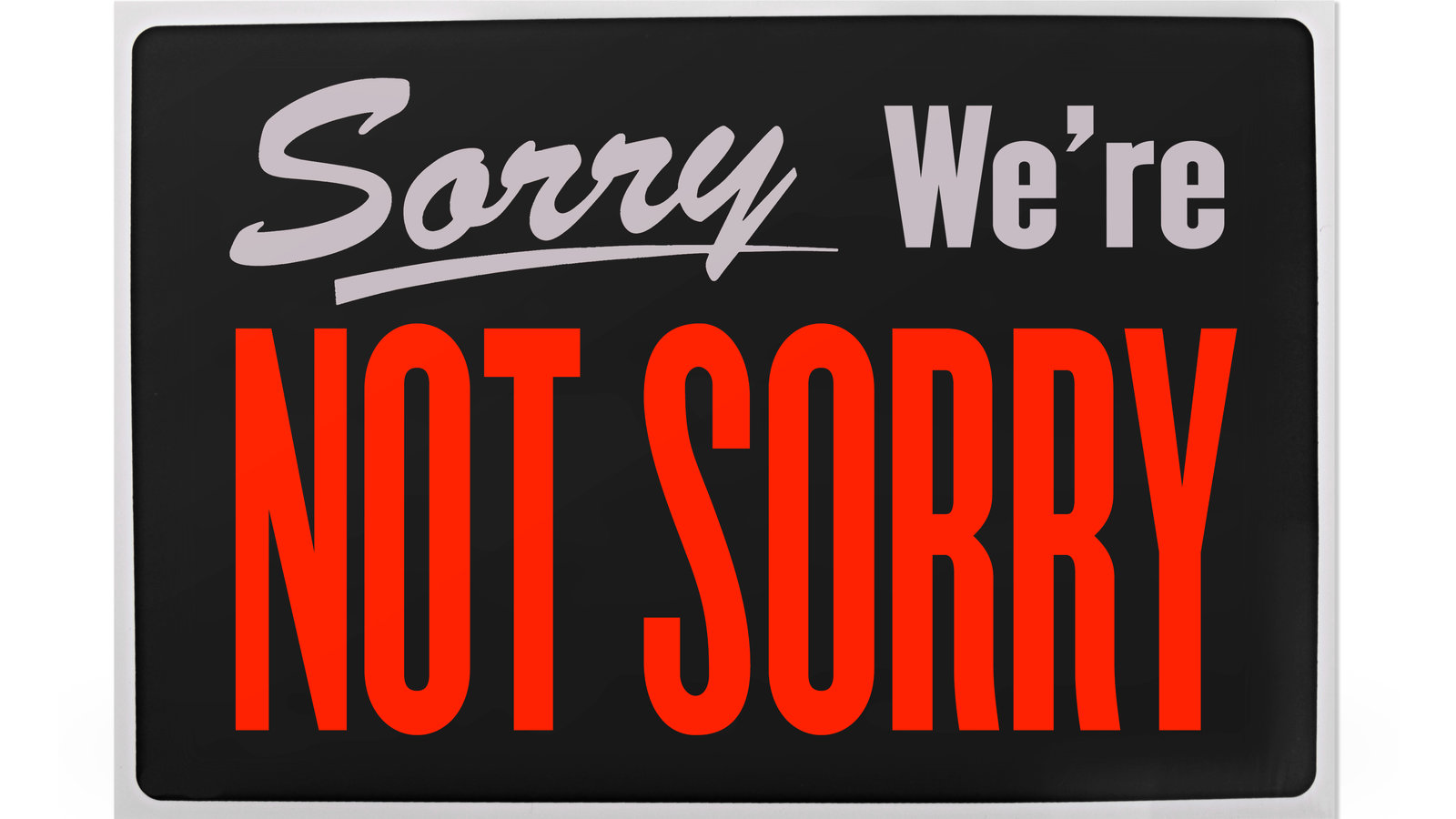By July 27, 2019
Suppose that a public figure has said or done something that many people consider offensive, outrageous or despicable — for example, lied about his military service or insulted people’s religious convictions. Should he apologize?
Let’s assume that his goal is not to be a good person, but only to improve his standing — to increase the chance that he will be elected, get confirmed by the Senate or keep his job.
Recent evidence converges on a simple answer: An apology is a risky strategy.
A case in point, now receiving reconsideration as a result of recent reporting in The New Yorker about the allegations against Al Franken. In response to claims of inappropriate physical contact with several women, Mr. Franken, then a member of the Senate, publicly apologized. But the apology did not appear to do him much good, and it might have fanned some flames. Soon after apologizing, he was forced to resign.
Mr. Franken’s post-apology experience may not be so exceptional. According to recent surveys that I have conducted, apologies do not increase support for people who have said or done offensive things.
Using Amazon’s Mechanical Turk, a service that allows for rapid surveys, I recently presented four distinct scenarios to four different groups, each demographically diverse and having about 300 people. Here they are:
- Suppose a nominee for attorney general said a few years ago: “Gays and lesbians are violating God’s will. Marriage should be between Adam and Eve, not Adam and Steve.”
- Suppose a presidential candidate said a few years ago, “People who want to ban abortion just don’t care about women.”
- Suppose a nominee for secretary of state said a few years ago, “I think the United States should apologize for the many terrible things that it has done in the world.”
- Suppose a presidential candidate has been accused by a number of women of inappropriate touching — of getting too close to them, of hugging them too much, of hugging them too long. Some of the women said they felt violated.
In all four cases, participants were asked to suppose that the public figure apologized for the statement or behavior in question, and were asked whether the apology would make them more likely to support him or her, less likely to do so, or neither less nor more inclined to support the public figure.
In each and every scenario, the percentage of people who became less inclined to support the offender was larger than the percentage who became more inclined to do so. Stunningly, the patterns were broadly similar in all four cases — even though different groups of people responded to each of them and the statements or actions would offend people of different convictions.
In the case of the hypothetical nominee who disparaged same-sex marriage, 37 percent said that they would be less inclined to support the apologizing nominee; 22 percent said that they would be more inclined; 41 percent said neither.
In the abortion case, 36.5 percent said that they would be less inclined to support the apologizing candidate; 20 percent said that they would be more inclined; 43.5 percent said neither.
In the case of the would-be secretary of state, 41.5 percent said that they would be less inclined to support the apologizing nominee; 23 percent said that they would be more inclined; 35.5 percent said neither.
In the case of inappropriate touching, 29 percent said that they would be less inclined to support the apologizing candidate; 25 percent said that they would be more inclined; 46 percent said neither.
In a diverse set of contexts, then, an apology tended to decrease rather than to increase overall support for those who said or did things that many people consider offensive. These findings are in line with earlier work by Richard Hanania, a research fellow at Columbia University, who found that apologies by public figures do not help and can even backfire.
Why is that? It’s hard to say for sure, but one reason may be that an apology is like a confession. It makes wrongdoing more salient. It can lead people to think: “We thought he was a jerk; now we know he is. He admits it!”
That’s why an apology can increase the antipathy of those who are inclined to dislike a public figure. And for those who are inclined to like him or her, an admission of wrongdoing is not likely to be a big plus, either. It may even look like a sign of weakness. President Trump, for one, is loath to apologize — for anything — and his supporters seem to love him for it.
To be sure, this research should be taken as preliminary. The surveys I have described are relatively small, and despite the demographic diversity of the various groups, they are not nationally representative. They also leave open questions. Perhaps the real impact of apologies occurs over weeks or months. The content and context of the apology surely matter. In some cases, a heartfelt statement of contrition can be essential if the goal is to make storm clouds pass.
Whatever their effects, apologies might be morally mandatory. As in ordinary life, so in politics: They might be a way of showing respect to those who have been offended or hurt, and of recognizing their fundamental dignity.
But the basic point remains. As a matter of simple strategy, apologies may not be a great idea. It is sometimes smarter for public figures to remain silent — or to change the subject.
To see this article and others by Professor Sunstein, click read more.
Source: Opinion | In Politics, Apologies Are for Losers – The New York Times
 Listen Online
Listen Online Watch Online
Watch Online Find a Station in Your Area
Find a Station in Your Area







 Listen Now
Listen Now Watch Online
Watch Online
